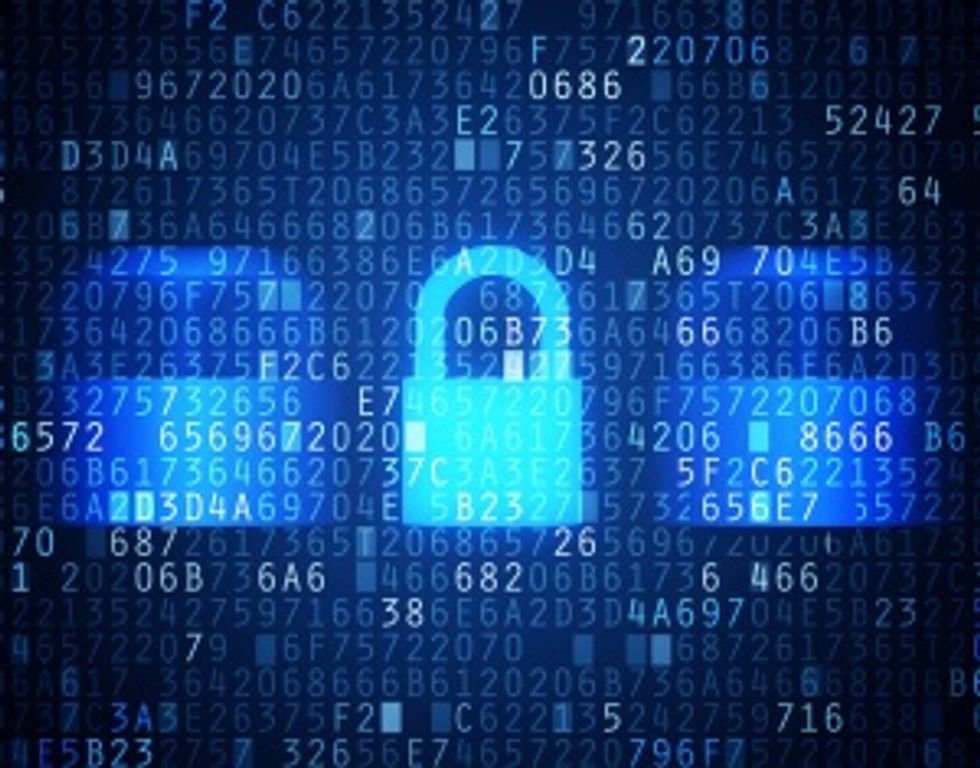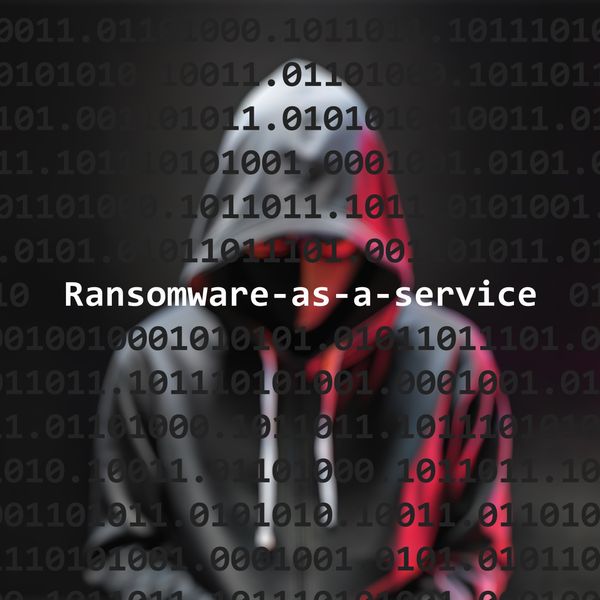
5 Tips for Keeping Data Safe While Working on the Go
By Mindaugas Caplinskas
The information age has been a boon for companies and their mobile workers. Employees and entrepreneurs alike can conduct their work from anywhere with an Internet connection and a laptop or smartphone. Corner cafes, airports and hotel lobbies are full of people coding, designing, creating presentations or just catching up on emails.
But convenience is a double-edged sword. Open and broad access to the Internet brings with it new threats. Here are five simple ways to minimize the risks and to keep your data safe 
1. Use a Secured USB Drive
Tiny flash USB thumb drives can be a boon to store all sorts of files, which can then be easily slipped into a pocket or onto a key chain. Considering how cheap storage is, thumb drives can store a ton of data. But tiny things tend to be misplaced or stolen.
If confidential or sensitive information is being stored on portable USB drives, make sure to get one that has encryption or password protection. Some are certified to Level 2 of the government’s FIPS 140-2 security standard for encryption. Check to see if the encryption used is agnostic to the operating system (typically for drives that use the hardware itself to unlock) or if you need to be on Windows on OS X to use the security user interface.
This also goes for larger USB external backup drives that are in the home or office. With even more storage space, anyone could simply unplug the drive as they walk by and get away with all of your files.
2. Always Log Out of Active Sessions
It is common to have multiple web browsers open, all logged into cloud email, calendaring, chat, shopping, and even banking. While some web services automatically log you out after a certain period of inactivity, it is best to get into the habit of manually logging out of all your active sessions when you’re shutting down. If a laptop was stolen while Gmail was logged in, a thief then has access to the account’s Google Drive and all your contacts. Clicking “Log Out” takes two seconds but can prevent a world of hurt.
3. Use VPN for Wi-Fi Hotspots
The proliferation of Wi-Fi hotspots has been a boon for the mobile worker, but has also dramatically increased the incidents of hacking. Hackers can create and spoof their own Wi-Fi network and attempt to get people to log in. They also can attempt to have users download innocent looking utility programs to hijack their devices.
The juicier the target, the bigger the risk: numerous luxury hotel guests have fallen victim to a group called DarkHotel (among other names). The attackers use a combination of spear-phishing attacks and keystroke loggers to steal data from guest machines.
So how do you protect yourself? Get in the habit of always using a VPN to access the Internet when connecting to a third-party network. VPNs used to be the exclusive domain of corporate employees, but now anyone can sign up for low-cost VPN services.
4. Password Hygiene
Most people use one password for many or all of their online accounts; it’s hard to blame them. With most online activity done in the cloud, the number of accounts a typical person has continues to grow. However, no matter how complex a password, if it is used for all the accounts of a user, it could lead to a disastrous domino effect should it ever be breached. This was the unfortunate consequence for Mat Honan who had his Google, Amazon, and AppleID accounts breached and his digital life destroyed.
Yes, use complex passwords with a combination of letters, numbers, and symbols. Remember to also change your password regularly. If a service offers a two-factor user authentication like Google does now, use it. Use different passwords as much as possible. Check out password manager tools that help safeguard account access. Do not record your passwords on anything that could be stolen, such as an unencrypted Word document or a hard copy print out.
5. Backup, Backup, Backup
Having data stolen or lost is bad enough. Realizing you didn’t have a backup is worse. There is no excuse these days for not backing up data.
Old-fashioned manual backups to an external hard drive are fine for those that can remember to do it. Even backing up critical information to a thumb drive is better than nothing. Better yet, subscribe to an online backup service that automatically saves your data even as it changes. There are even backup services to protect stuff in the cloud such as Google Drive. For heavy users of email clients such as Outlook, Mac Mail, or Thunderbird, don’t forget to also regularly create backups of your emails, then backup the actual file that is created.
While data can never be 100 percent secured, the goal should be to minimize the biggest risks as much as possible. Following these five simple tips will lead to peace of mind for those that work while on the go.
About the Author
Post by: Mindaugas Caplinskas
Mindaugas Caplinskas is Business Development Manager for NordVPN, a Panama-based Virtual Private Network provider that keeps its clients private and secured. Caplinskas has a Masters in International Marketing and Management from ISM University of Management and Economics.
Company: NordVPN
Website: www.nordvpn.com



